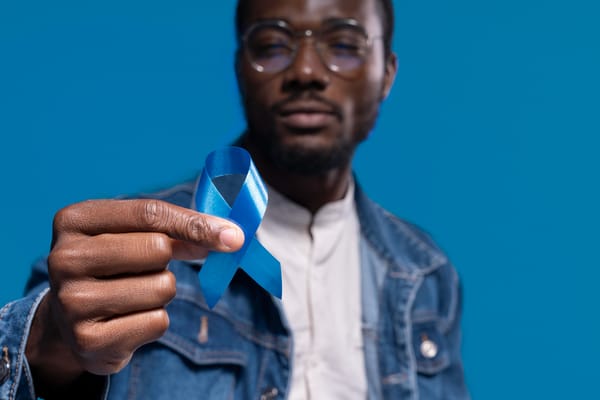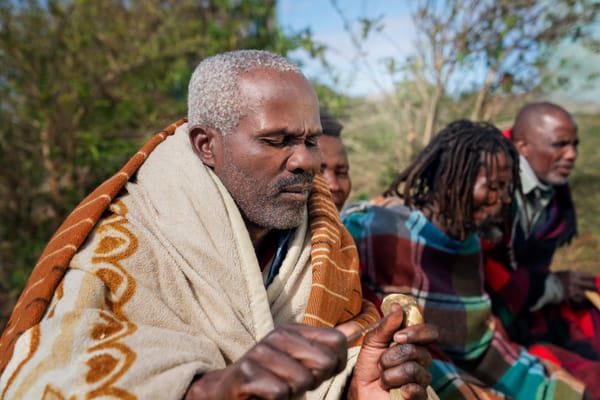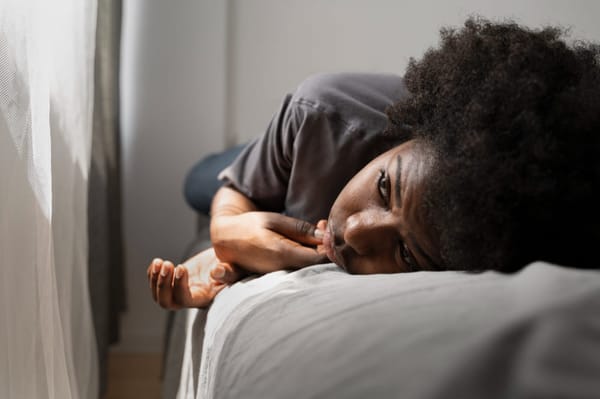World Contraception Day 2024: Power in the Hands of Individuals
"A Choice for All, Freedom to Plan, Power to Choose.” The theme is a perfect reminder which not only encapsulates the essence of reproductive autonomy but also the critical need for equitable access to reproductive health services. Celebrated annually on September 26, the World Contraception Day (WCD) shines a global spotlight on the need for governments and stakeholders to reimagine strategies towards ensuring comprehensive access to family planning and contraception services. The 2024 theme emphasizes the need for equitable access to contraception, empowering individuals, particularly women and young people, to make informed decisions about their reproductive health.
In Kenya, evidence from a qualitative study on Challenges and Opportunities for Improving Access to SRHR by Evaline Chepchirchir et.al showed that more than half of teenage pregnancies are unintended and that half of all new HIV infections occur in people ages 15-24-year-olds, with the majority of those being female. The 2024WCD theme resonates deeply, as the country continues to grapple with challenges related to sexual and reproductive health rights (SRHR).
Data from the Kenya Demographic and Health Survey Key Indicator Report 2022 (KDHS) clearly indicate Kenya’s efforts towards improving access to contraception, with the contraceptive prevalence rate (CPR) rising to 61% among married women as of 2022. However, despite these improvements, unmet needs for contraception remain high, particularly among adolescents and young people in rural, informal and hard to reach areas. Data from the 2022KDHS indicates that about one in five women of reproductive age still face barriers to accessing contraceptives, with a significant number of teenage pregnancies reported in various counties.
In November 2021, through the National Council for Population and Development (NCPD), Kenya reaffirmed her commitment to the FP2030 Commitments initiative. The initiative aimed at accelerating reproductive health outcomes and universal access to family planning, through improved access to modern contraceptives, improved sexual and reproductive health services, and gender equality. The initiative aligns with Kenya's Vision 2030 development agenda. However, 3 years down the line, the message from the 2024 Family Planning Consensus report is, “If current trends continue, Kenya will be off-track to achieving its mCPR goal”
Despite recent efforts to promote adolescent sexual and reproductive health (SRH) rights, some of the current policies fall short of achieving the desired outcomes because of a failure to understand adolescent emerging needs and capacity, the diversity of adolescent populations, and the recognition that deliberate and intense actions are required to make this a reality, (Griffins M. and Marleen T. 2022). Many at times, “age of consent,” cultural and religious perspectives have sparked heated conversations among stakeholders as they negatively impact access to SRHR service.
Contraceptive access directly ties to one’s ability to plan their life, making it central to achieving gender equality and economic growth. In Kenya, the high rates of teenage pregnancy present a significant hurdle to educational and career development for young girls. Over 317,000 girls between 10 and 19 years became pregnant in 2022, highlighting the urgent need for targeted interventions in schools and communities.
The correlation between fertility rate and access to education and/ wealth across the country as indicated in the 2022 KDHS report greatly resonates with the report from World Economic Forum, 2022 which depicted how Africa’s youth hold the key to its development. Efforts to provide "A Choice for All" should focus on overcoming pre-existing obstacles. Empowering young people with accurate information and access to contraceptives is key to ensuring they have the "Freedom to Plan" their futures. Comprehensive Sexuality Education (CSE) programs, equip young people with essential knowledge on sexual and reproductive health, enabling them to make informed choices about contraception.
The "Power to Choose" goes beyond access to contraception. It reflects the empowerment of individuals to decide when and if they want to have children. As Kenya commemorates World Contraception Day 2024, it is essential to reflect on the progress made and the work that remains. Access to contraception is a cornerstone of reproductive health and human rights. It offers individuals the ability to plan their futures, pursue education, and achieve gender equality. The government, alongside partners, must continue to champion family planning initiatives that remove barriers, provide accurate information, and empower all individuals—especially women and adolescents—with the freedom and power to make informed reproductive choices.
Much needs to be done to ensure individuals have the power to choose. From integrating contraception into broader youth empowerment initiatives, such as those focused on economic opportunities to promoting a multi-sectoral and multi-pronged approach for addressing SRHR issues among adolescents. From Strengthen inter-sectoral coordination and networking, partnership and community participation in adolescent SRH to strengthening capacities of institutions, service providers and communities to provide appropriate information and services to adolescents who require them.
Finally, as highlighted in the Opportunities for mCPR Growth in Kenya assessments on the potential opportunities for family planning should consider a wide range of areas related to demand for contraception, availability and access to services, quality and equity, and the enabling environment. Family planning is not just about population control, it’s about giving people the freedom to decide their futures, live healthier lives, and contribute to the development of their communities. The power to choose is the ultimate freedom, and it must be upheld as a fundamental right for all.



